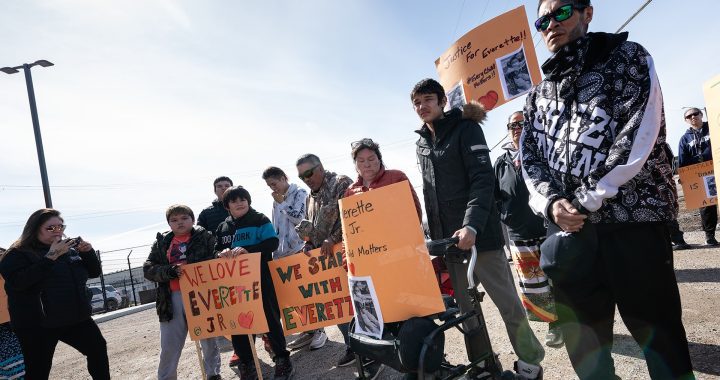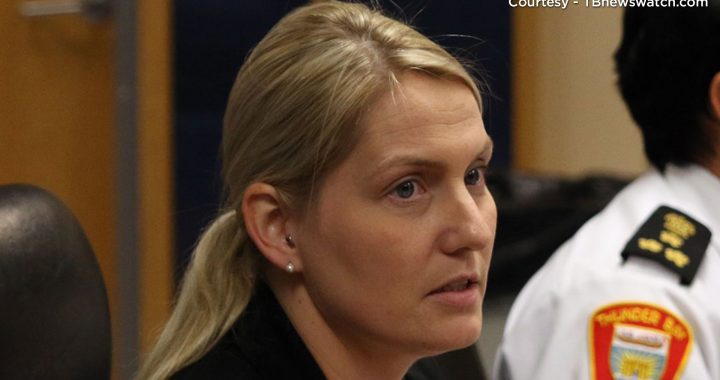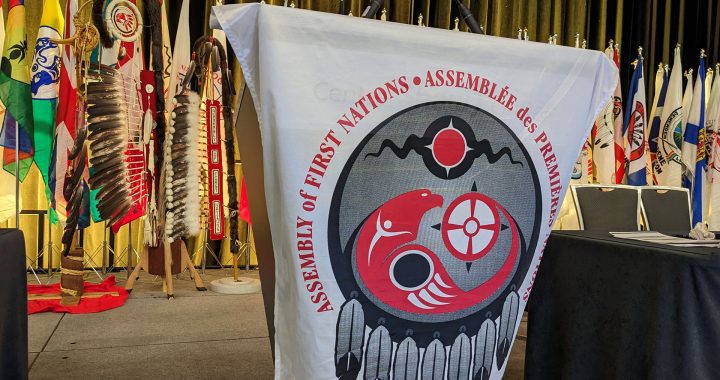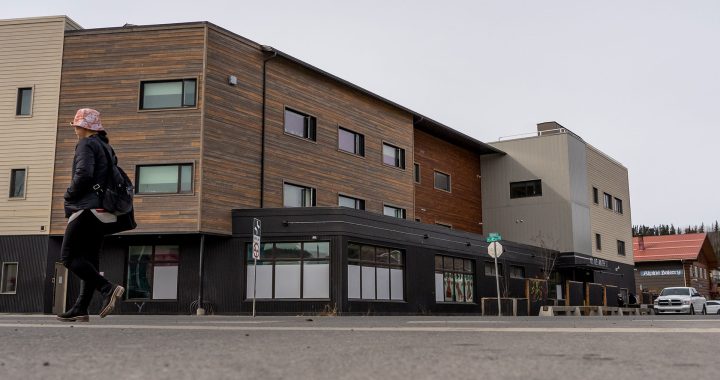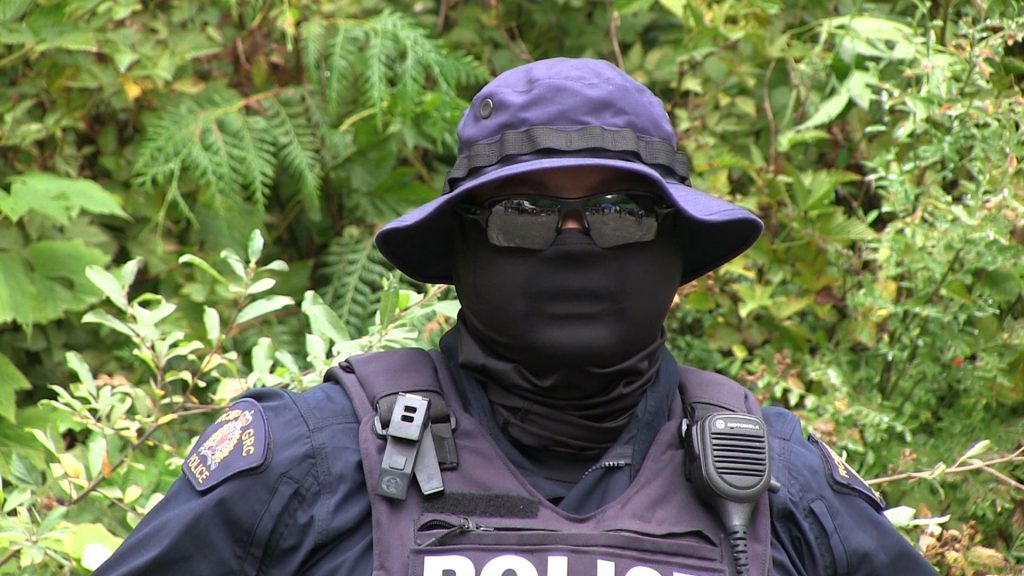
A Mountie deployed to enforce an injunction obtained by timber firm Teal-Jones at Fairy Creek in 2021. Photo: submitted/file
The Civilian Review and Complaints Commission (CRCC) for the RCMP says it is launching a “systemic investigation” into the activities and operations of the Community-Industry Response Group or C-IRG as it’s known.
According to CRCC chair Michelaine Lahaie, the investigation will examine whether “policies, procedures, guidelines and training clearly define the RCMP’s and C-IRG’s authorities, roles and requirements; are consistent with applicable jurisprudence/case law and the Canadian Charter of Rights and Freedoms; and reflect previous relevant CRCC recommendations and other good/leading practices.”
In a news release on Thursday, Lahaie said the investigation will include a “comprehensive file review to assess whether or to what extent the activities and operations of the C-IRG are carried out in accordance with legal standards, policy requirements, and leading practices.”
The independent review agency separate from the RCMP, said the investigation will focus on “the C-IRG’s governance, command and control, and operational planning, as well as its activities and enforcement operations,” at three sites, “the Cooper Creek Cedar Ltd injunction on Salisbury Creek Forestry Road; the Coastal GasLink Ltd injunction on Wet’suwet’en traditional territory; and the Teal Cedar Products Ltd injunction in the Fairy Creek watershed.”
The CRCC said some additional sites may be added to the investigation.
“It should be noted that the systemic investigation will not investigate individual complaints or make determinations with respect to individual member conduct. In cases where member conduct is of serious concern, the matter will be forwarded to the Chairperson for consideration of further action,” the CRCC said.
The C-IRG group is a secretive arm of the RCMP made up of volunteer officers from various detachments in British Columbia. Its role is to clear a path for natural resource projects that will allow companies to build pipelines or other infrastructure.
Its work has been on display in B.C. at various protests including Fairy Creek where an old-growth forest was at issue, and the incursion onto Wet’suwet’en territory where Canada-Gas Link is building a pipeline to transport fracked natural gas from northeastern B.C. to Kitimat on the coast.
Prominent First Nations activists call C-IRG “Indian fighters” and “oil and gas mercenaries.”
An APTN News investigation of C-IRG in June of 2022 uncovered allegations against the unit that includes “intimidation, torture, brutality, harassment, racism, theft, destruction of property, arbitrary detention, inhumanity, lying and deceit.”
The investigation obtained evidence of vast spying — including casual surveillance of law-abiding groups engaged in the democratic process — collusion with private security, collaboration with industry lawyers and wilful violations of RCMP policy.
Some of the allegations are backed by evidence and will be tested in court. Others aren’t. Some have already been proven. The unit denies them.
Read More:
Behind the Thin Blue Line: Meet a secretive arm of the RCMP in B.C.
C-IRG has also been active in B.C. where twinning of the Trans Mountain Pipeline that runs from Edmonton, Alta. to the B.C. coast outside Vancouver. There the RCMP unit has used private industry spies to keep watch on various groups who are opposed to the multi-billion dollar project that was bought by Canada in 2018.
Kanahus Manuel, leader of the Tiny House Warriors, a group trying to stop construction of the Trans Mountain twinning project, brough allegations against a Mountie after he allegedly broke her wrist when applying a wrist-lock technique during an October 2019 arrest.
The allegation has not been proven in court.
APTN has confirmed C-IRG used so-called “pain compliance techniques,” which included gouging a protester’s eyes with a face hold, at Fairy Creek.
APTN also confirmed the C-IRG receives and uses intelligence from private security agents, who are almost without exception veteran ex-Mounties, and works closely with them during police operations.
According to Lahaie, the investigation “will identify the extent to which C–IRG’s operations and actions meet, reflect, consider or are consistent with” the expectations under the federal government’s Bill C-15 – United Nations Declaration on the Rights of Indigenous Peoples, the B.C.’s Declaration on the Rights of Indigenous Peoples Act and the calls for justice from the National Inquiry into Missing and Murdered Indigenous Women and Girls.
Currently, three members of the Wet’suwet’en Nation are suing the RCMP and Coastal Gaslink for alleged harassment.
The Mounties are also facing a lawsuit by journalist Amber Bracken after how she was treated during a raid on Wet’suwet’en territory.






